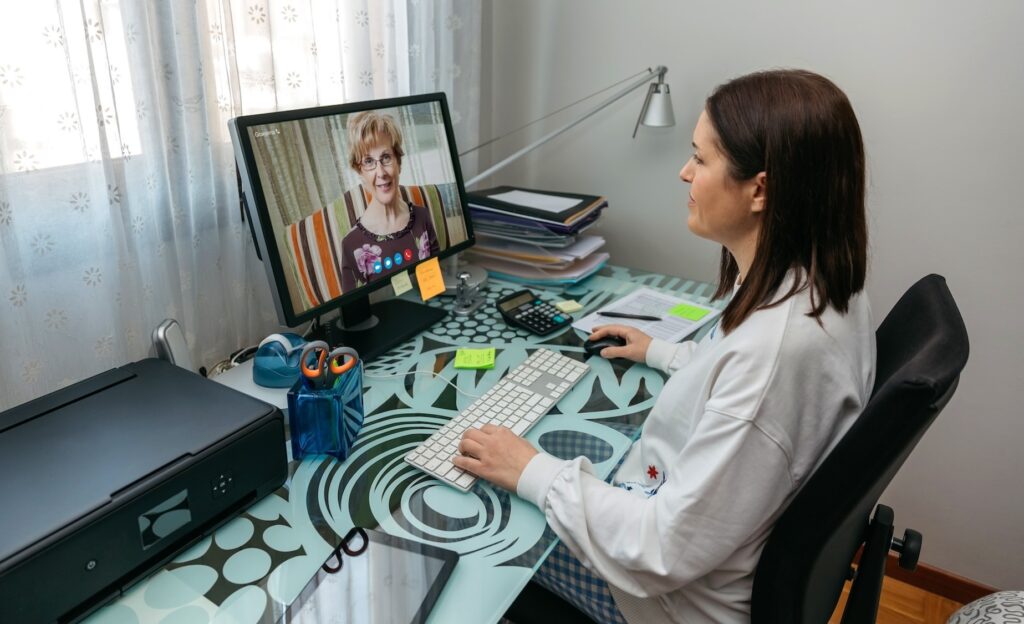
By Stephanie DeFilippis
While anxiety is generally considered a challenging and sometimes debilitating condition, is it possible to view it from a different perspective and explore its potential positive aspects? I am not a proponent of toxic positivity, however, reframing anxiety as a “superpower” offers an attempt to shed light on how certain traits associated with anxiety could be seen as strengths:
⭐Detail-Oriented: Anxiety can lead to overthinking and a focus on details. While excessive worrying can be detrimental, attention to detail can be advantageous in tasks that require precision, analysis, or troubleshooting.
⭐Planning and Preparedness: Anxiety can drive individuals to plan meticulously and be well-prepared for various scenarios.
⭐Empathy and Sensitivity: Those who experience anxiety often possess a heightened sensitivity to emotions. This empathy can make them more understanding, compassionate, and supportive of others in times of need.
⭐ Problem-Solving: Anxiety can make people more cautious, leading to thoughtful problem-solving approaches.
⭐Creativity and Imagination: The anxious mind is often characterized by a tendency to anticipate negative outcomes. However, this imaginative nature can be harnessed to envision new possibilities and promote creativity.
⭐Motivation and Drive: Anxiety can be a powerful motivator, pushing individuals to overcome challenges and achieve their goals despite their fears.
⭐Resilience: Dealing with anxiety can build resilience and coping mechanisms. Over time, individuals may develop the ability to face adversity and bounce back from setbacks more effectively.
It’s essential to acknowledge that anxiety can still be a significant challenge for those experiencing it, and reframing it as a superpower does not negate the need for proper support, coping strategies, or professional help if required.


